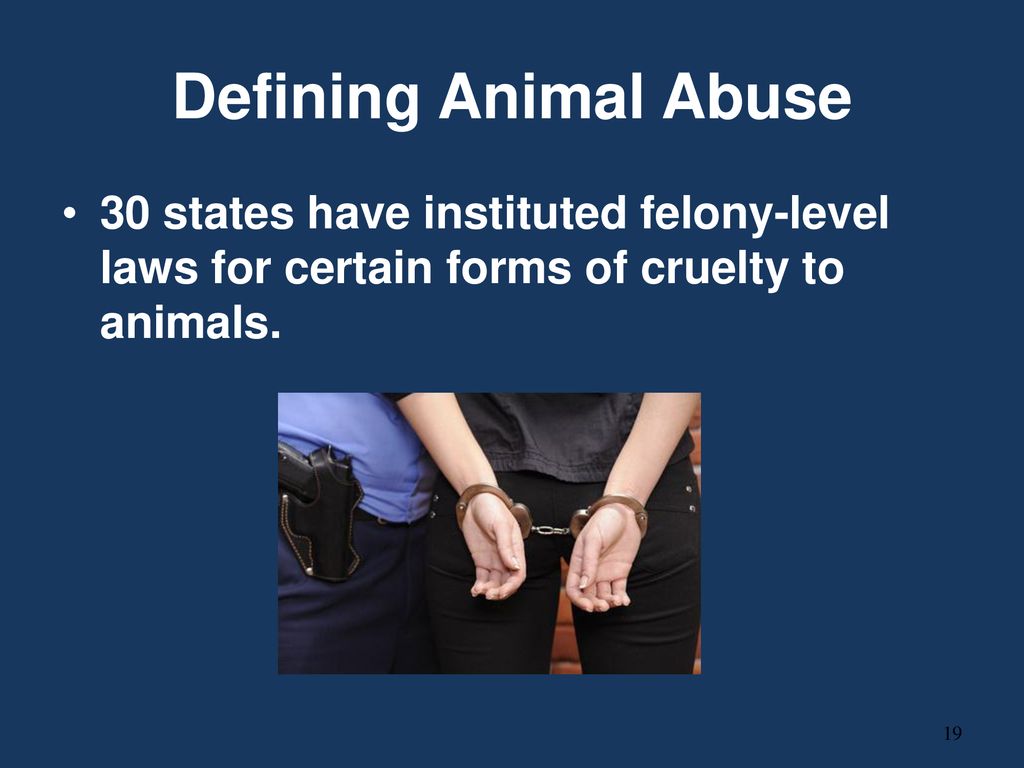In the tranquil fields of Wisconsin, where the rolling hills and picturesque landscapes provide a serene backdrop for both human and animal life, the specter of animal cruelty lurks beneath the facade of pastoral beauty. This juxtaposition serves as a stark reminder that not all interactions between humans and animals are nurturing. A question arises, then: Is animal cruelty a felony in Wisconsin? To unravel this inquiry, we delve into the intricate tapestry of legal statutes that govern the treatment of our fellow creatures.
Wisconsin’s legal framework regarding animal welfare is both a reflection of societal values and a proactive measure aimed at preserving the sanctity of life. The state stands resolute in its position against cruelty, underscoring that animals are not mere commodities to be disregarded or abused at will. Under Wisconsin Statute § 951.02, the law categorically defines cruelty to animals, encapsulating acts that inflict unnecessary suffering, harm, or death upon pets and livestock alike. Here, a salient point emerges: the law does not discriminate based on species. From beloved household companions to farm animals that contribute to the agricultural economy, all are afforded protection under this legal aegis.
The statutes delineate various forms of animal abuse, encompassing conduct as egregious as neglect, abandonment, and physical abuse. It is essential to elucidate, however, that mere inadvertently harming an animal—through negligence that does not rise to the level of intentional wrongdoing—does not constitute a felony. This distinction is critical, as it places the onus of responsibility on the perpetrator’s intent and actions. In contrast, when cruelty is premeditated or executed with malice, the perpetrator faces severe repercussions, including felony charges. The law is engineered to function like a safety net, catching those who would fall through the cracks of compassion.
Wisconsin law assigns a classification to animal abuse offenses—including a misdemeanor designation for less severe infringements and a felony classification for particularly heinous acts. For instance, battery resulting in significant injury to an animal may lead to felony charges, carrying potential penalties that include substantial fines and lengthy imprisonments. The severity of these penalties reflects Wisconsin’s commitment to safeguarding animal welfare and sends a palpable message: cruelty will not be tolerated.
Furthermore, the legal system reinforces its commitment to animal protection through the establishment of humane societies and enforcement of existing laws. These organizations play a pivotal role in investigating reports of abuse and facilitating the prosecution of offenders. They operate as the frontline defenders of animal rights, akin to sentinels on guard against the encroachment of cruelty. Such collaborative efforts among law enforcement, animal protection organizations, and community members signify a unified front against the maltreatment of animals.
Yet, the quest for justice extends beyond mere punitive measures. Education emerges as a vital component in ameliorating the plight of animals in distress. Initiatives aimed at promoting responsible pet ownership, humane treatment of animals, and awareness of the legal ramifications of abuse foster a culture of empathy. This educational framework acts as a bridge, connecting communities and instilling a sense of collective responsibility. Just as individuals must coalesce into a supportive community, the symbiotic relationship between humans and animals flourishes when nurtured with kindness.
In navigating the legal labyrinth of animal welfare in Wisconsin, it is prudent to examine the impact of public sentiment. The evolution of animal rights as a cultural phenomenon has engendered a paradigm shift in public consciousness. Communities now rally together, advocating for stronger laws, better enforcement, and harsher penalties for offenders. This grassroots movement reflects a broader understanding that animal cruelty often serves as a harbinger of more extensive societal issues—including domestic violence and societal neglect. The links between animal abuse and these broader issues compel us to confront the pervasive ethos of violence and indifference that sometimes pervades our society.
As laws and societal norms continue to evolve, advocates and citizens alike must remain vigilant. Change does not come easily; it requires zealous advocacy from every corner of society. Advocates champion reforms that seek to both enforce existing laws and enhance them, pushing for animal protection policies that recognize the complexities inherent to animal-human relationships. Such advocacy is often punctuated by poignant testimonials highlighting the resilience of animals and the dire consequences of cruelty.
In conclusion, Wisconsin’s legal landscape is firmly entrenched in the fight against animal cruelty. The state’s commitment, embodied within its statutes and enforcement initiatives, speaks to a broader cultural recognition of animals’ intrinsic worth. The question of whether animal cruelty is a felony yields a definitive answer: indeed, it is—a reflection of our values and a testament to our collective humanity. As society marches forward, the ongoing commitment to revisiting and fortifying these laws ensures that the voices of the voiceless are not drowned out in the roar of indifference. With each step we take, let us be reminded of the responsibility we bear, not only to our fellow creatures but to the ethical fabric of our community.








